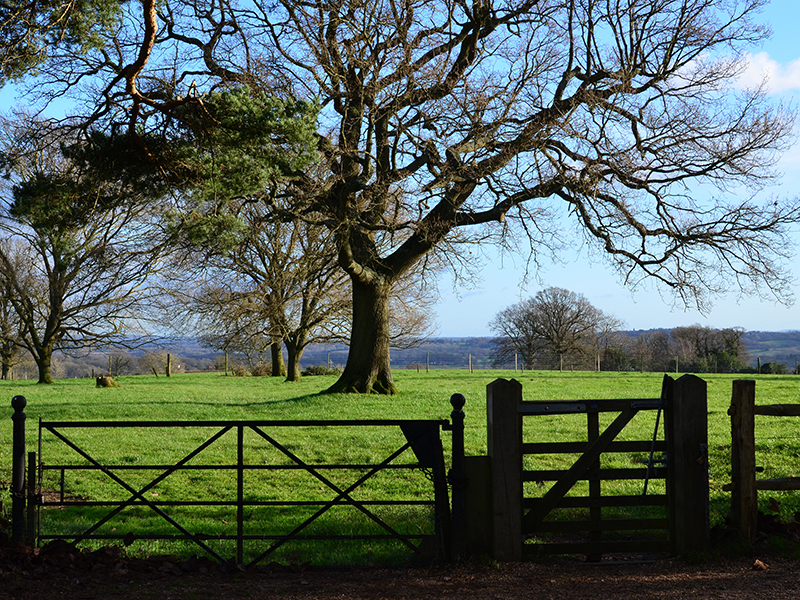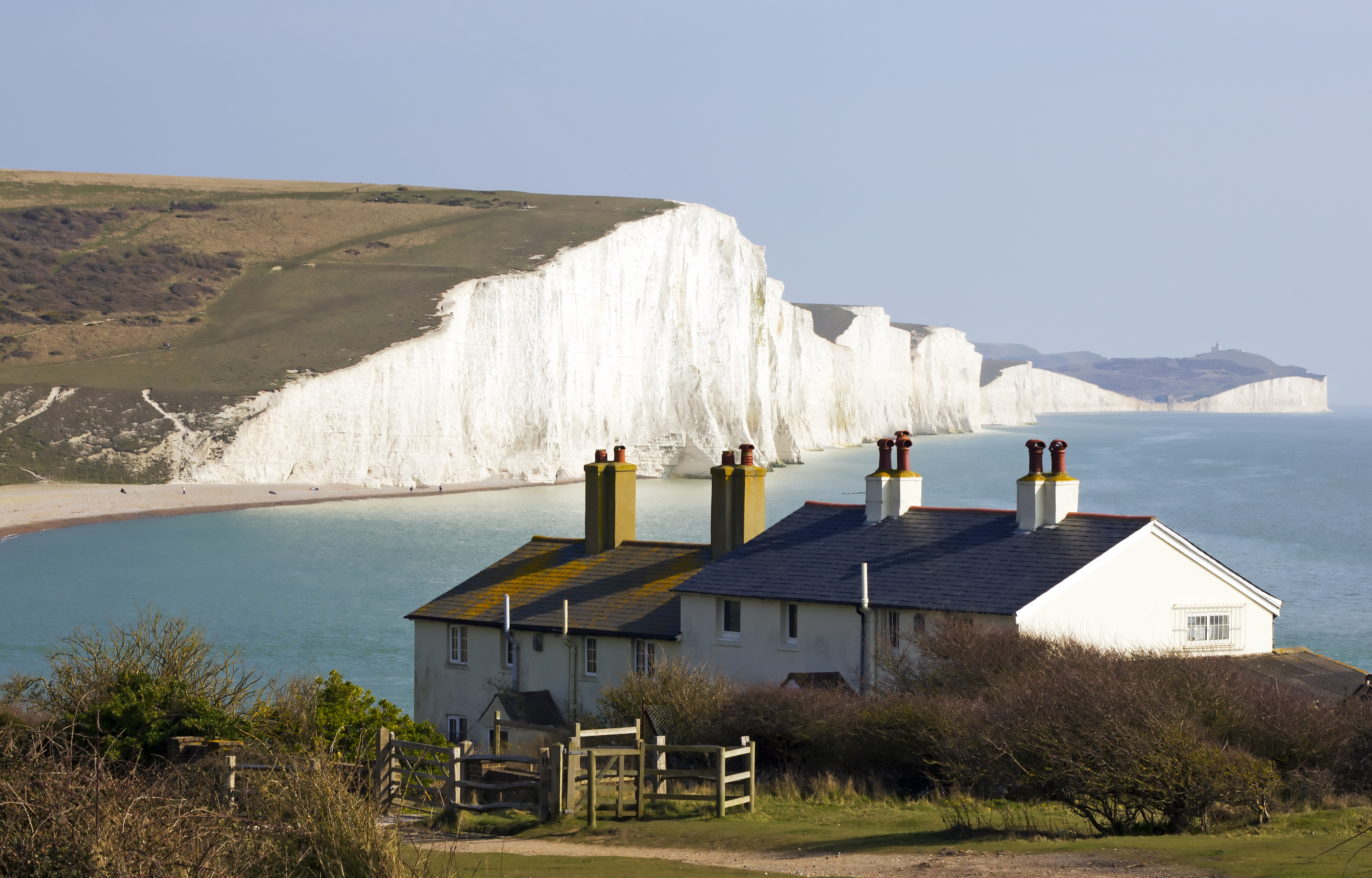
If you own a property, chances are you will have heard the term party wall. What you may be wondering, is what happens during a party wall dispute, and how you should go about finding a resolution for a party wall dispute? In England and Wales the Party Wall etc. Act 1996 has been set up to help answer any party wall queries homeowners may have. Chas Dawson at Dawson & Associates has over40years’ of experience in the property industry and specialises in party wall disputes. He has a long standing association with the FPWS and past president of the Faculty. Here, he shares his thoughts…
What constitutes a party wall?
According to the UK government website, the following are considered to be the main types of party walls:
- A wall that is part of a building and stands on the land of two or more owners
- A wall that is owned by two people but is not a property – this could be a wall that is in a garden
- A wall that is on one person’s property, but is used by others to separate their properties.
The Party Wall etc. Act 1996 for England and Wales
In England and Wales, an act called The Party Wall etc. Act exists to cover queries and guidelines about party walls and matters arising from a dispute or planned works to party walls.
You may be wondering what kind of work is covered by The Party Wall etc. Act; typically things that may be covered include modifying a wall in order to create a loft conversion, alterations to the properties of the wall (height and thickness) or less intrusive works such as adding fixtures.
Before undertaking any kind of work to a property wall, it is important to familiarise yourself with the guidelines set out in the Act in order to ensure you are observing best practice and are compliant.
When can a dispute arise and what should you do to resolve it?
Party wall disputes can arise from a number of disagreements relating to a party wall. Crucially, one of the important things to do if you need to make any changes to a party wall is to give notice to the other party (parties) involved. If the structure of a wall will be affected, you will need to ensure you give at least two months’ notice. This should be done in writing offering the other parties involved full disclosure on your plans. You can find out more about what to include in a party wall notice here.
If your neighbours dissent, then a party wall dispute resolution process may begin. Your neighbours will then have fourteen days to reply (again in writing) confirming their consent to the works. Counter notices also follow the same procedure. You cannot assume if you do not receive a reply that works on the party wall can begin anyway, it is taken that your neighbour has dissented.
Sometimes, a dispute may occur over who is required to pay for any works – as the person undertaking the work, you would be required to fund the cost of the works, unless the work undertaken involves repairs for safety purposes or other specific mitigating circumstances. As a building surveyor you will be liable for your neighbours appointed surveyors fees.
How can a surveyor help resolve the party wall dispute?
Sometimes it is not possible to reach an amicable agreement without involving a third party, in which case a surveyor can help to resolve any matters that arise in relation to party walls. The Party Wall etc. Act outlines that a surveyor must be someone not involved in the dispute.
A surveyor can prepare a party wall award outlining expectations and responsibilities during the course of the planned works. This can help make it clear to all parties where they stand and avoid confusion.
Another important job that can be undertaken by a surveyor is to assess the condition of a property prior to party wall work commencing. This means that post work completion if there are any discrepancies over damages or deterioration to the property, the best course of action can be advised. This can help make neighbours more agreeable to works taking place where they may otherwise be resistant.
Disputes may also arise due to external effects of the works taking place including disturbances or excess noise so if in doubt it’s always best to consult an expert.
To find out more about how Dawson & Associates could help you with a party wall dispute, please contact us here.





